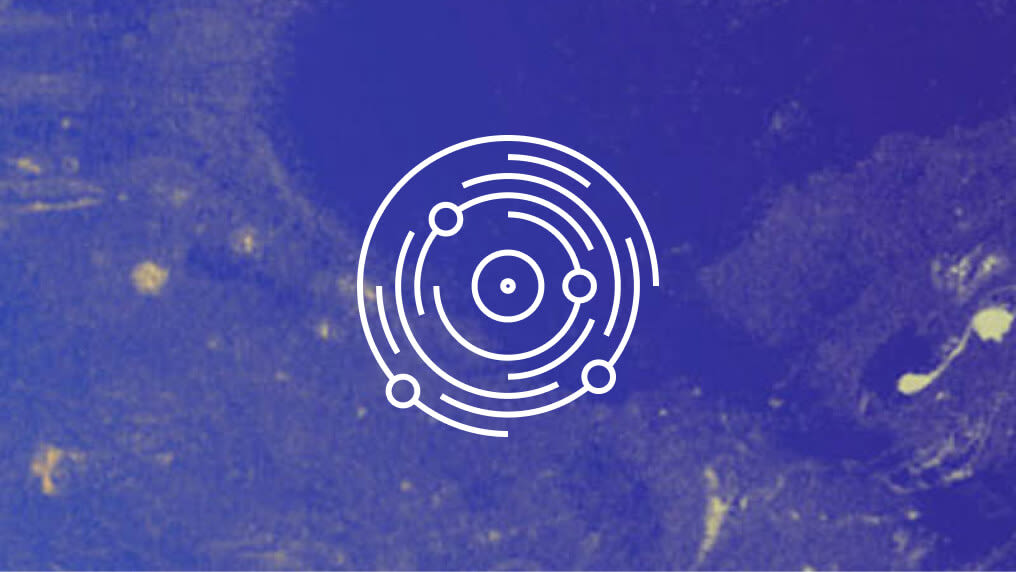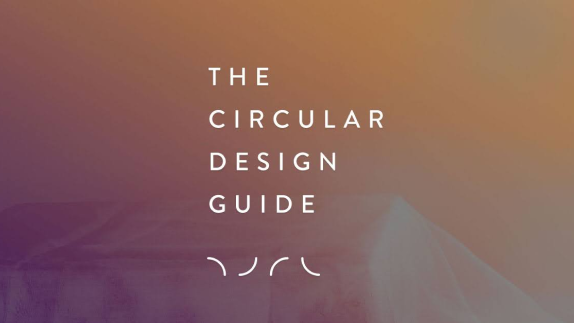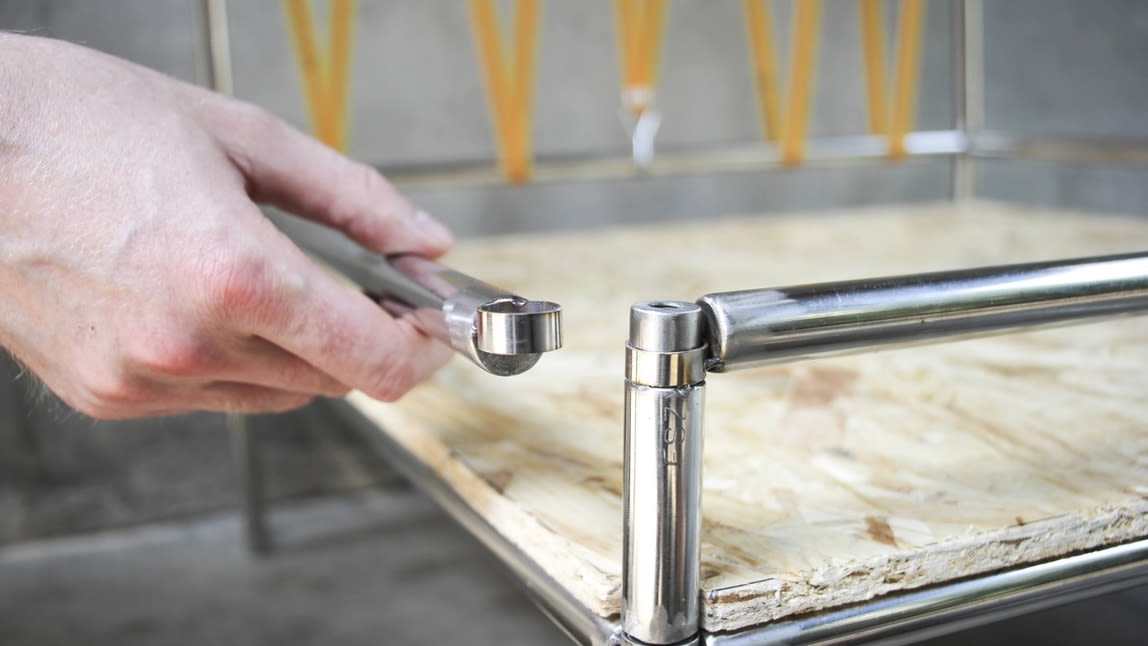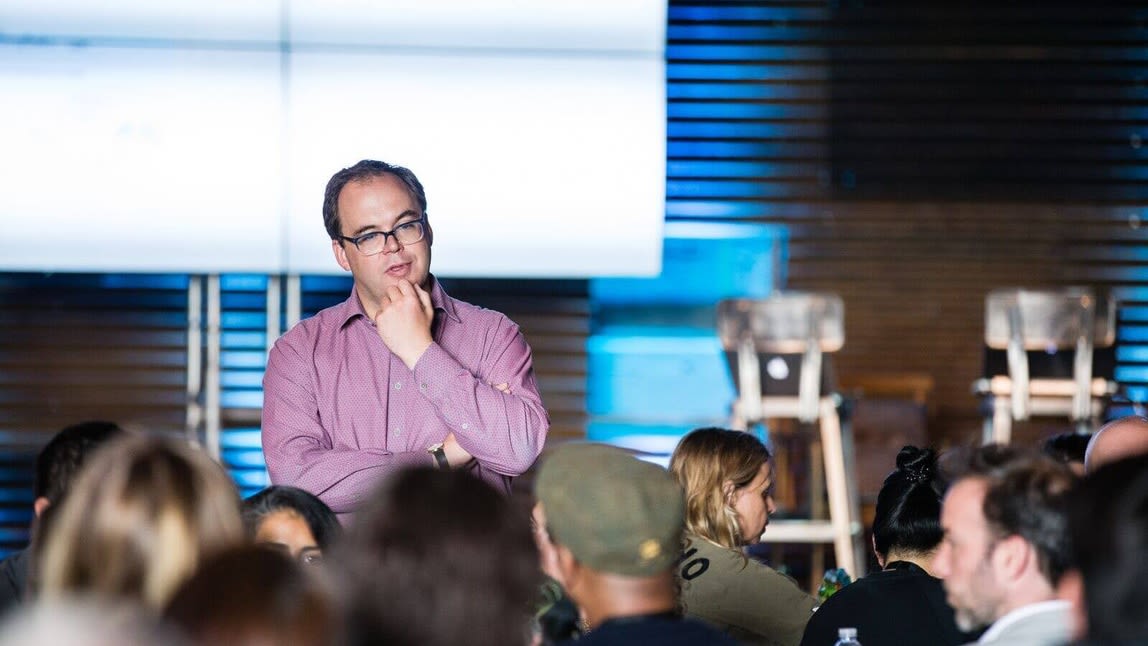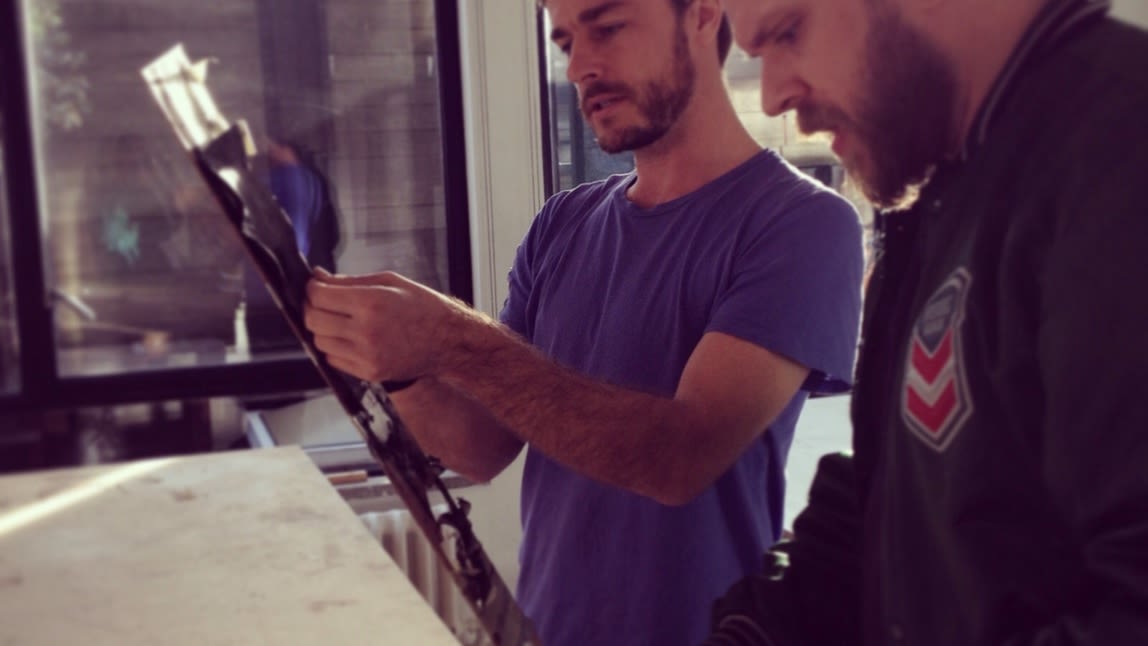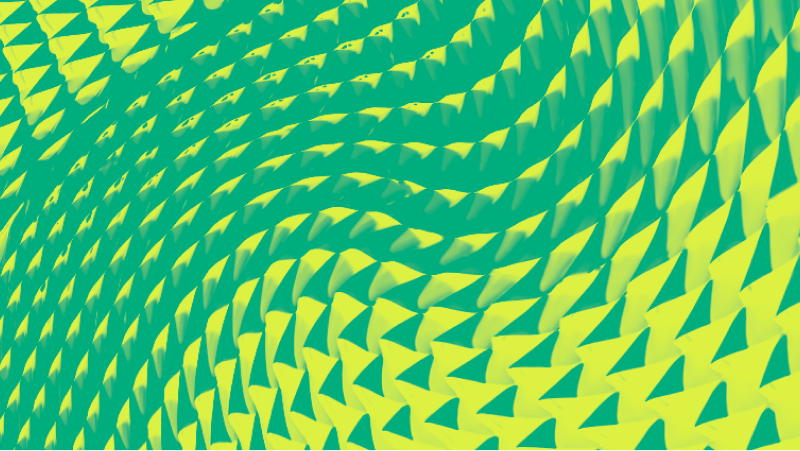Author: Kaye Toland, Central St Martins graduate
Kaye Toland is a recent Central Saint Martins graduate who strives to tackle complex societal issues through design.
The brief titled ‘Re-designing plastics packaging for a New Plastic Economy’ was asking the students to design a product that can be packaged, stored, transported, delivered and bought, within a true circular economy.
A one hour interview is not nearly enough time to cover the ongoing projects of Kaye Toland, a student at Central Saint Martins who is bursting with contagious enthusiasm.
But that’s a nice problem to have. A lot has happened for Kaye since February 2017, when she set out to answer a brief proposed by the Circular Design Guide team for the students of her design school. Kaye has an almost intuitively systemic approach and clear understanding of circular economycircular economyA systems solution framework that tackles global challenges like climate change, biodiversity loss, waste, and pollution. It is based on three principles, driven by design: eliminate waste and pollution, circulate products and materials (at their highest value), and regenerate nature. principles, combined with an appetite for solving challenging design problems. This has not only earned her press attention, but also the prestigious Unilever Sustainability Award.
The brief, titled ‘Re-designing plastics packaging for a New Plastic Economy’, asked the students to design a product that can be packaged, stored, transported, delivered, and bought within a circular economy. This very broad brief gave should have stimulated the imagination, but initially it didn’t prove so inspiring for Kaye. Staring at her blank page, she admits that she found it difficult to feel passionate about the topic: “I’m not really into consumer goods which is where the majority of plastic problems are. And I wouldn’t be able to design something I don’t really care about.” she explained. Sometimes, inspiration doesn’t strike immediately.
In an effort to ignite some enthusiasm for the topic, Kaye emptied the contents of her bag onto the floor. It was then that she spotted an object that instantly opened up not only a world of opportunity but also creative constraints: a tampon. Another student might have rejected the object at once, finding the subject too taboo or intimate to take on.

But Kaye discovered a whole new field of exploration, alongside a multitude of questions and concerns.
“I thought: this thing on my floor has a million problems…with political, economic, social implications, including personal health, basically everything. That’s why I picked it, because I could really get on board with it.”
Once the product had been chosen, Kaye could tackle the second part of the brief: “be radical and disruptive with your design thinking at an environmental, social and business level.” Taking the conservative world of feminine sanitary products as the central theme of her research lent itself well to radical and disruptive thinking. However, a circular design approach means not just considering the design of tampons themselves, but rethinking the whole system around the product. As she explains, this means ‘zooming out’ to uncover the problems associated with sanitary products, and to identify new circular opportunities.
Fortunately, Kaye found that she had natural skills in understanding complex systems, and making her way through the circular economy landscape was like a journey into familiar territory. But this first required Kaye to better understand how tampons are produced, sold, and disposed of.
Even though getting rid of plastic waste was one part of the design brief, it was never the sole goal of Kaye’s design. “There always has to be another story, and that’s why I was looking at how women would benefit economically and socially from the product.” Going beyond the product and changing the business model, one idea that Kaye explored is setting up a cooperative to offer a cheaper product for members over time, which she argues is a necessary response to the 'Tampon tax' - the VAT on sanitary products sold in the UK. “Then it made sense to organise a monthly delivery system through a subscription scheme. And once I thought about delivery, the next step was to think about collection. From considering collection, it sparked an investigation into compostingcompostingMicrobial breakdown of organic matter in the presence of oxygen., and therefore they had to be organic tampons.” By developing an understanding of user behaviour, of the sequence of events and the way each part of the system influences the other, Kaye demonstrated a systemic approach and offered a unique answer to the assigned brief. To complete the task, Kaye had to look into the material flows associated with the product itself, and ultimately scrutinise her own idea against the realities of waste management.
Having interviewed a wide variety of experts, from waste management technicians to sewage treatment workers, she can safely assert: “England has the worst waste system I have ever seen.” After immersing herself in the world of waste management, and basically trying to create a new materials stream from scratch, her solution was close to completion. The concept of mCycle was born. Kaye describes the service as: “Every month, mCycle delivers – by bicycle – organic tampons and sanitary pads in a box that transforms into a bin. Once used and collected it’s composted into non-food soil for prison parks and football fields. mCycle is a co-operative company which puts control into the users' hands and creates a local online community in which they can share their experiences of menstruation and their bodies. As a co-operative, the products get cheaper over time making them more affordable.” The cardboard packaging proudly carries a red logo in the form of a drop, seeking to break the taboos associated with periods, once and for all.

Kaye understands that this is an important and provocative subject that can capture people’s interest. What’s more, she’s able to share very compelling figures on plastic packaging savings and the tonnes of tampons that escape sewage systems. Completed with colourful infographics, Kaye has managed to stir up real interest in her idea. Magazine articles have been published on mCycle, following its Unilever Sustainability Award 2017. Now, mCycle is close to moving from concept to reality - but perhaps not by Kaye herself. “Pilot schemes could be set up in places like the Netherlands, Germany or Sweden”, she says, but in a way, Kaye has played her part. Even though she feels some responsibility to carry the story further, she admits: “I am a designer, not an entrepreneur!”
Try it out yourself

Circular Design Guide
This page is part of the Circular Design Guide. Get an overview of the project, or dive straight into our activities to help you understand, define, make, and release circular innovations.

